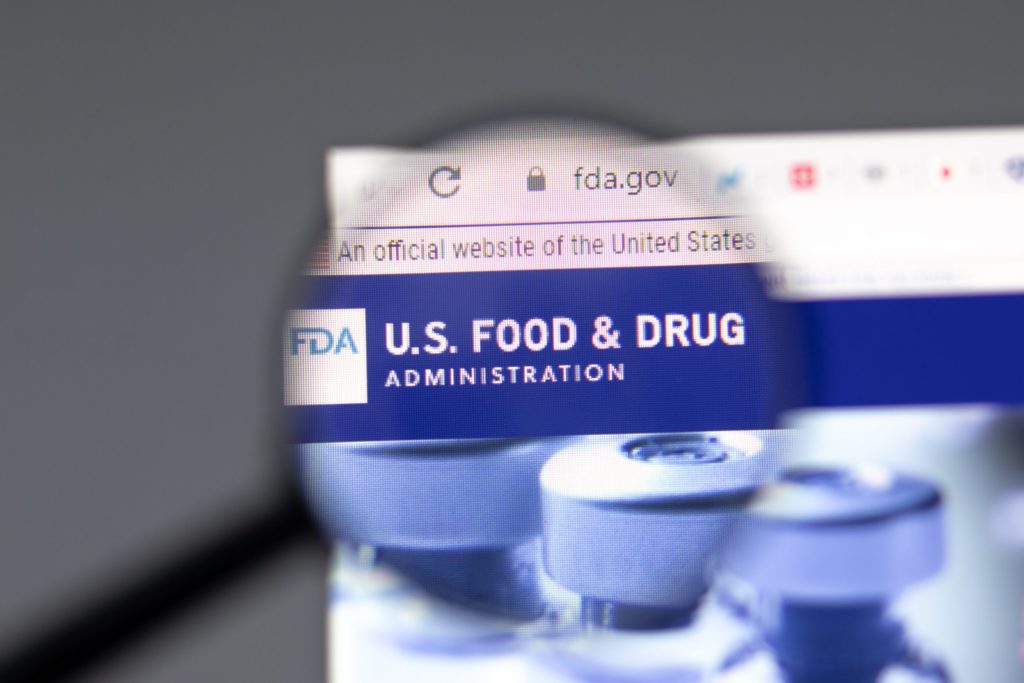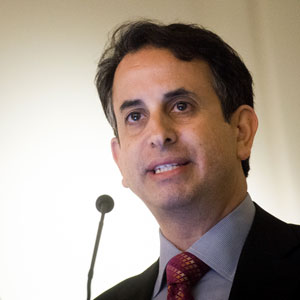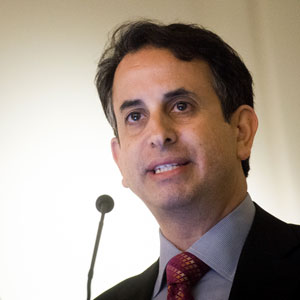
The U.S. Food and Drug Administration has again issued warning letters to several small business owners for selling flavored disposable vaping products.
The regulatory agency issued letters to 14 online businesses for selling unauthorized e-cigarette products. The warning letters cite the sale of disposable e-cigarette products marketed under brand names, including Elf Bar/EB Design, Lava Plus, Funky Republic/Funky Lands, Lost Mary, Cali Bars, Cali Plus, and Kangvape.
“These warning letters were informed by FDA’s ongoing monitoring of multiple surveillance systems to identify products that are popular among youth or have youth appeal, an agency press release states. “Findings from the 2023 National Youth Tobacco Survey found that more than 50 percent of youth who use e-cigarettes reported using the disposable e-cigarette brand Elf Bar; in 2023, the manufacturer of Elf Bar began marketing the product under the name EB Design.”
In addition, the brands Lava Plus, Funky Republic/Funky Lands, Kangvape, Cali, and Breeze were identified as popular or youth-appealing by the agency following a review of retail sales data and emerging internal data from a survey among youth, according to the agency.
Retailers receiving warning letters sold or distributed e-cigarette products in the United States that lack marketing authorization from the FDA violate the Federal Food, Drug, and Cosmetic Act.
Warning letter recipients are given 15 working days to respond with the steps they will take to correct the violation and to prevent future violations. Failure to promptly correct the violations can result in additional FDA actions such as an injunction, seizure, and/or civil money penalties.
As of Jan. 30, 2024, FDA issued more than 440 warning letters and 88 CMPs to retailers for the sale of illegal e-cigarettes, including through a series of nationwide inspection efforts of brick-and-mortar retailers, according to the release.
Earlier this week, the FDA issued complaints for civil money penalties (CMPs) against 21 brick-and-mortar retailers for selling unauthorized Esco Bars e-cigarettes.
In a press release, the agency stated that it had previously issued each retailer a warning letter for their sale of unauthorized tobacco products. However, follow-up inspections revealed that the retailers had failed to correct the violations.
The agency now seeks the maximum penalty of $20,678 from each retailer.














 “In addition, the applicant did not provide sufficient evidence demonstrating that the flavored new products have a potential to benefit adult smokers, in terms of complete switching or significant cigarette use reduction, that would outweigh the risk to youth.
“In addition, the applicant did not provide sufficient evidence demonstrating that the flavored new products have a potential to benefit adult smokers, in terms of complete switching or significant cigarette use reduction, that would outweigh the risk to youth.




